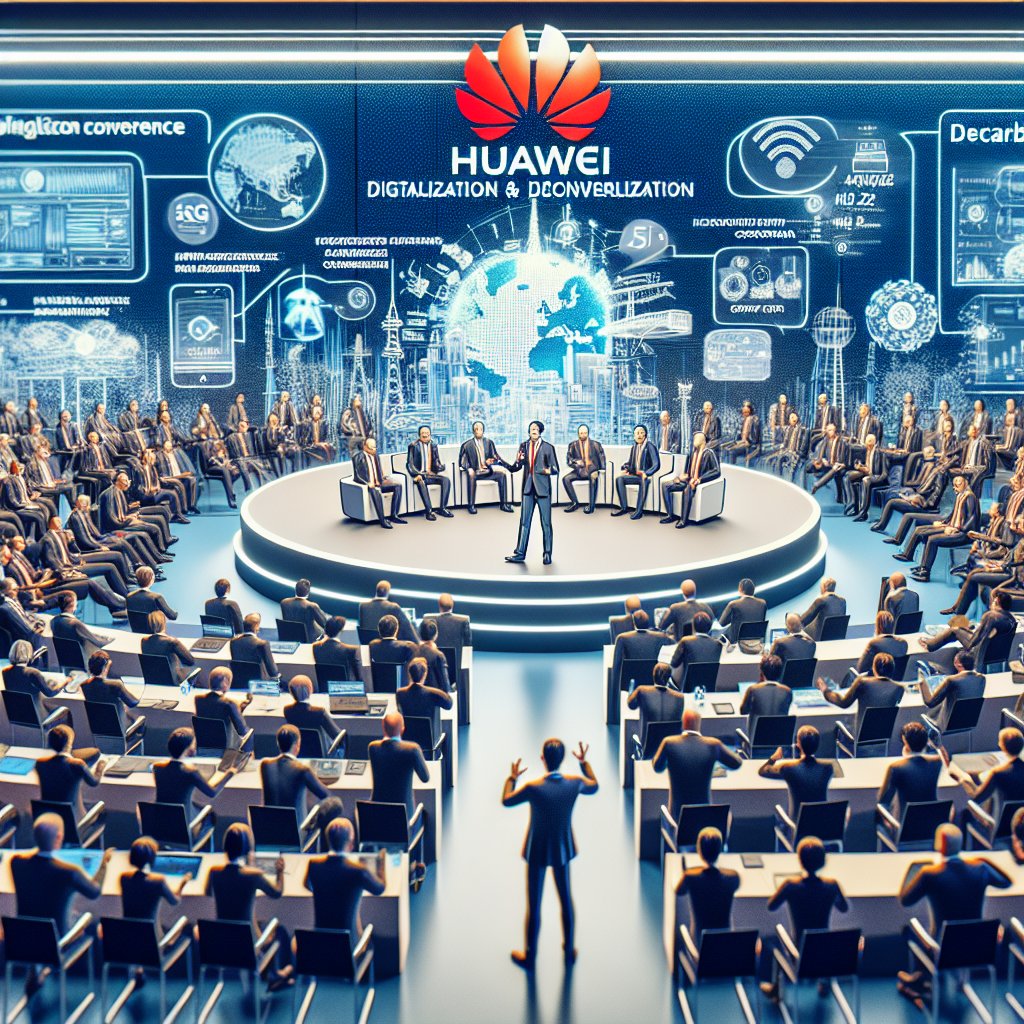Image: AI generated for illustration purposes
Huawei Spearheads Digital and Sustainable Transformation in Africa at AfricaCom 2023
At AfricaCom 2023, a technology summit that paints the future of Africa's digital landscape, Huawei's Leo Chen delivered an inspiring keynote that underscored the company's commitment to accelerate the continent's march towards a digital and sustainable future. Held in the scenic city of Cape Town, the conference buzzed with ideas around two transformative forces – digitalization and decarbonization.
Huawei believes that Africa is poised to ride a new wave of "digital-physical convergence," a term that refers to the fusion of digital technologies with the physical world, to fast track its development in the era of the digital economy. However, achieving this leap requires a diligent focus on developing robust connectivity infrastructure. Chen underlined the importance of inclusiveness and future-proofing in this context – objectives that resonate with Huawei’s global vision of technological inclusivity.
Huawei's proposition is for African countries to adopt cutting-edge technologies, including the likes of 4G, 5G, and impending 5G-Advanced solutions, to parallel global connection standards. To address this, Huawei presents cost-effective wireless solutions like RuralStar, which aims to bridge the digital divide by bringing broadband coverage to remote areas, thus promoting accessible and inclusive development.
Cloud services also feature prominently in Huawei’s strategy for Africa. According to Chen, national cloud data centres are necessary to power governments, public sectors, and SMEs, providing them with the necessary computational resources and driving an innovation-focused ecosystem. With the establishment of 'e-Government Clouds', African governments are expected to boost their operational efficiency while offering citizens comprehensive and innovative services.
The deployment of cloud services also introduces a simple and economical way for African countries to harness AI capabilities. Huawei Cloud, as the fastest-growing cloud service provider featuring the Pangu AI model, positions itself as a critical player in supporting sectors like agriculture and disaster prevention and mitigation in Africa.
The ICT industry becomes a powerful ally in the push for decarbonization, potentially helping to offset global carbon emissions by a staggering 20%. Huawei's solution at Scatec, the largest ground PV plant in Africa, demonstrates how technological innovation can increase energy yield and operational efficiency, thereby promoting sustainable energy practices.
Furthermore, Huawei's smart PV solutions cater to varied applications, including industrial, commercial, household, and micro-grid solar setups, advocating for a sustainable, affordable, and reliable power supply across Africa.
Central to these technological advancements is the development of human capital. Huawei reaffirms its commitment to nurturing digital talent, having trained 100,000 individuals in Sub-Saharan Africa over the last five years, with plans to train an additional 100,000 between 2022 and 2025.
As the company looks toward a future of localized joint innovation, its support of trailblazing initiatives such as M-Pesa and Mobile Money is a testament to its investment in driving Africa's growth. Through collaboration and shared vision, Huawei intends to ensure that accelerating digital Africa equates to creating a prosperous and sustainable continent.
In conjunction with its influential presence at the conference, Huawei showcased a breadth of new technologies and solutions across a 350-meter exhibition space while also supporting and organizing critical forums that catered to the African Ministerial Forum, the Africa Fibre Forum, the Africa Operations Transformation Forum, and the Africa 5G Summit, each a stepping stone towards realizing its vision for a digitally empowered Africa.










